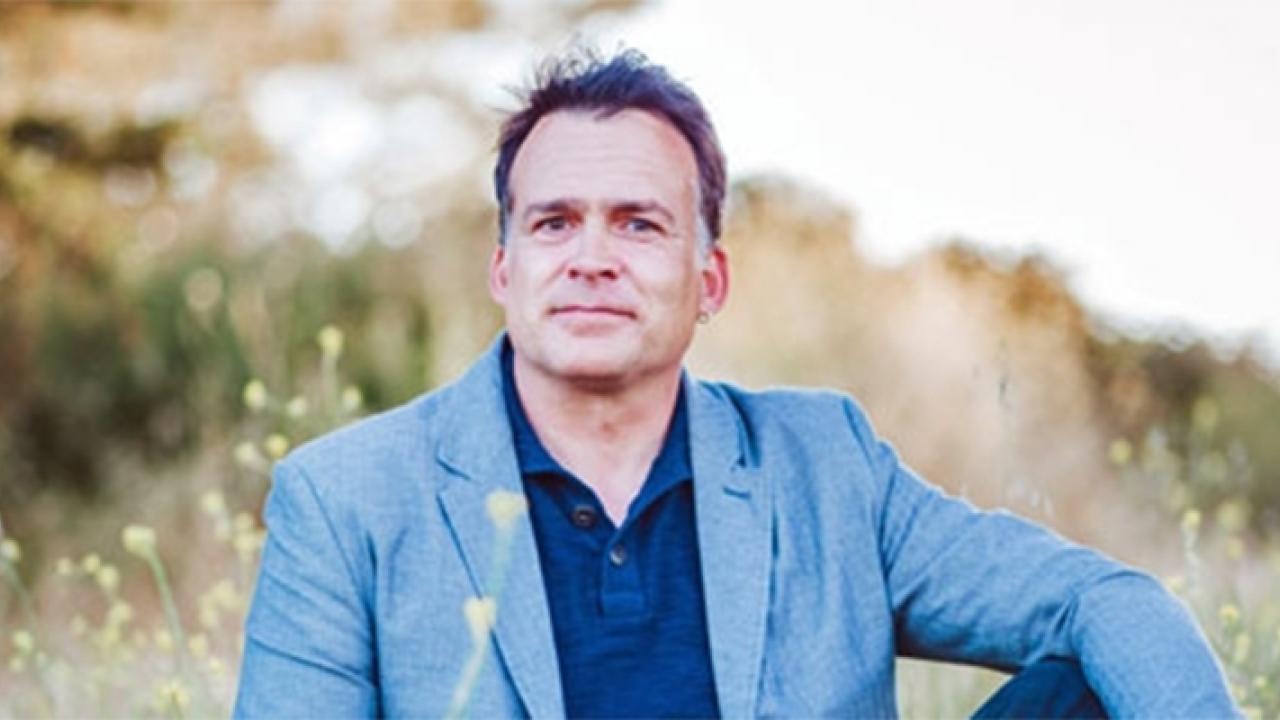
Three UC Davis Graduate Students Selected as Switzer Environmental Fellows
Three UC Davis graduate students, Lauren Howe (International Agricultural Development), Erik Grijalva (Ecology), and Matthew Williamson (Ecology), have achieved the high honor of being selected as Switzer Environmental Fellows by the Robert and Patricia Switzer Foundation.
Howe, who is currently pursuing a Master of Science in International Agricultural Development (IAD), is focusing on the intersection of gender-equity, climate resilience, and nutrition-sensitive agriculture by promoting fruits and vegetables as a foundation for sustainable diets. In collaboration with the UC Davis Program in International and Community Nutrition (PICN), Helen Keller International (HKI), and the USAID-funded Horticulture Innovation Lab, Lauren’s research focuses on reducing food loss and increasing access to nutritious foods by promoting solar drying of fruits and vegetables among women farmers in Nepal. She is currently a graduate student researcher at the UC Davis-based Horticulture Innovation Lab, whose global research network advances fruit and vegetable innovations, empowering smallholder farmers to earn more income while better nourishing their communities.
Grijalva is a Ph.D. candidate in restoration ecology, where his research revolves around understanding restoration and conservation approaches within highly modified ecosystems. His dissertation research looks at how populations of plant species in tidal marshes of San Francisco Bay respond to inundation regimes anticipated from sea level rise using mesocosms and time-lapse camera networks, and how ecological processes in urbanized environments spillover from conserved or restored habitat patches to adjacent natural habitats.
Williamson a Ph.D. candidate in the graduate group in Ecology, and his work uses spatially explicit information on the social, institutional, and environmental conditions of landscapes to characterize where conservation has happened previously and identify areas where conservation may be more likely in the future. By mapping these “opportunity hotspots”, he hopes that conservation organizations can identify areas where their objectives may be met relatively easily and gauge potential resistance to conservation to better assess tradeoffs.
Each year, 20 promising environmental leaders are awarded $15,000 each to support the completion of masters and doctoral degrees in New England and California which advance their skills and develop their expertise to address critical environmental challenges. Over $15 million in grants has been invested in Switzer Fellows over the past 32 years. “The founding donors conceived the Switzer Foundation with an interest in supporting leaders who will ‘clean up’ the environment,” says Executive Director, Lissa Widoff. “Initially, that was through science, engineering and technology. Then, we recognized the need to support Fellows with expertise in advocacy and policy. Now, there is more awareness of the social drivers and political factors influencing environmental outcomes and therefore more focal points for change – within NGOs, business, academia, and communities. Who is engaged, how ‘environmental issues’ are defined and by whom, and what leadership looks like have continued to expand. We are proud to be supporting these new emerging leaders as our 2018 Switzer Fellows.”
The 2018 Switzer Fellows hail from a variety of schools and professional fields of study across many academic institutions. Fellows are supported in their interdisciplinary and collaborative work, positioning them for leadership in the nonprofit, government, business and academic sectors. Fellowships are merit-based and rigorously competitive. Candidates must be recognized for their leadership capacity by their academic institution or by environmental experts.
About Graduate Studies
Graduate Studies at UC Davis includes 99 dynamic degree programs and a diverse and interactive student body from around the world. Known for our state-of-the-art research facilities, productive laboratories and progressive spirit – UC Davis offers collaborative and interdisciplinary curricula through graduate groups and designated emphasis options, bringing students and faculty of different academic disciplines together to address real-world challenges.
UC Davis graduate students and postdoctoral scholars become leaders in their fields: researchers, teachers, politicians, mentors and entrepreneurs. They go on to guide, define and impact change within our global community.
For information on Graduate Studies’ current strategic initiatives, visit the Graduate Studies strategic plan page.
